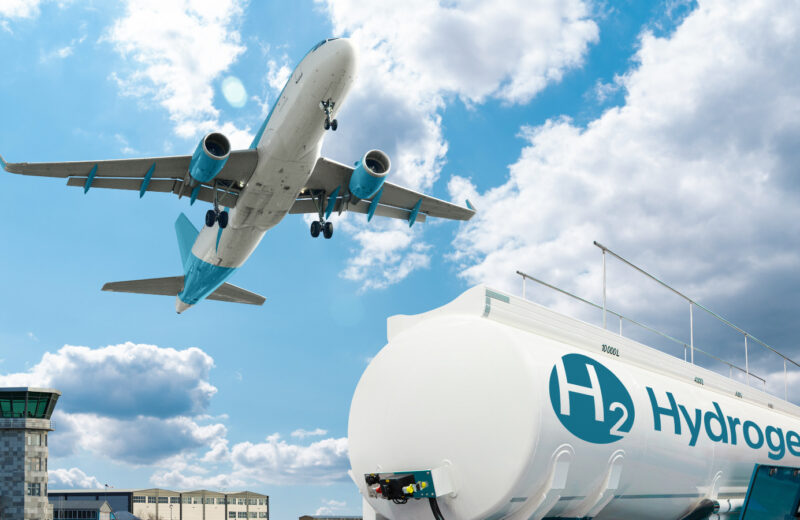UK CAA announces Hydrogen Challenge for aviation fuel

The UK Civil Aviation Authority (CAA) has unveiled a challenge for the aviation industry to explore the feasibility and safety of hydrogen as a zero-carbon emission aviation fuel.
Hydrogen, still in its early stages of development for aviation applications, poses unique challenges that the industry needs to address before its widespread adoption.
The CAA’s Hydrogen Challenge aims to tackle these challenges by employing a regulatory sandbox approach, fostering collaboration between the regulator, industry, and academia. The project seeks to enhance understanding of hydrogen-related risks, identify regulatory gaps, and develop recommendations for a net-zero aviation future.
“The project will help facilitate efforts to move towards a net-zero aviation sector by supporting the industry to explore how feasible the introduction of hydrogen is and how we can make sure regulation is fit for purpose. Enabling innovation while maintaining safety is a key part of our work and this challenge is a clear example of our collaborative approach to shaping the future of aviation,” said Sophie O’Sullivan, head of future safety & innovation, UK CAA.
Introducing hydrogen propulsion aligns with the government’s Jet Zero Strategy and the CAA’s sustainability strategy, both emphasizing the need for decarbonizing the aviation sector.
The Hydrogen Challenge receives nearly £940,000 in funding from the Regulators’ Pioneer Fund, overseen by the Department for Science, Innovation, and Technology. Alongside the challenge, the CAA will soon launch a regulatory sandbox to assist applicants in conducting hydrogen trials and enhancing regulatory readiness.
The challenge will run until February 28th 2025.
Last week, the UK government announced a multi-million pound investment in the development of sustainable aviation fuels (SAF) through its Advanced Fuels Fund (AFF) competition. Following a competitive selection process, several projects were awarded a share of £53m in funding for the second round of the initiative, adding to the £82m already awarded in the first round back in December 2022.
